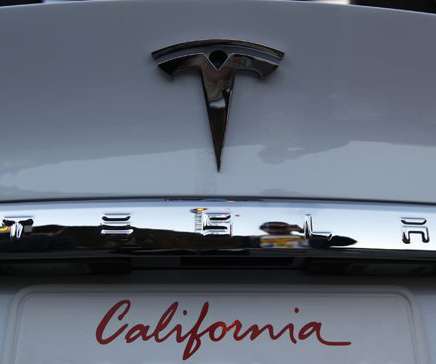Delaware adopting California’s ZEV regulations
Green Car Congress
MARCH 4, 2022
Delaware will join 13 other states in adopting California’s Zero Emission Vehicle (ZEV) regulations. Managed by the Delaware Department of Natural Resources and Environmental Control ( DNREC ), the ZEV program is designed to accelerate the commercialization of battery-electric, plug-in hybrid and fuel cell electric vehicles.


















Let's personalize your content